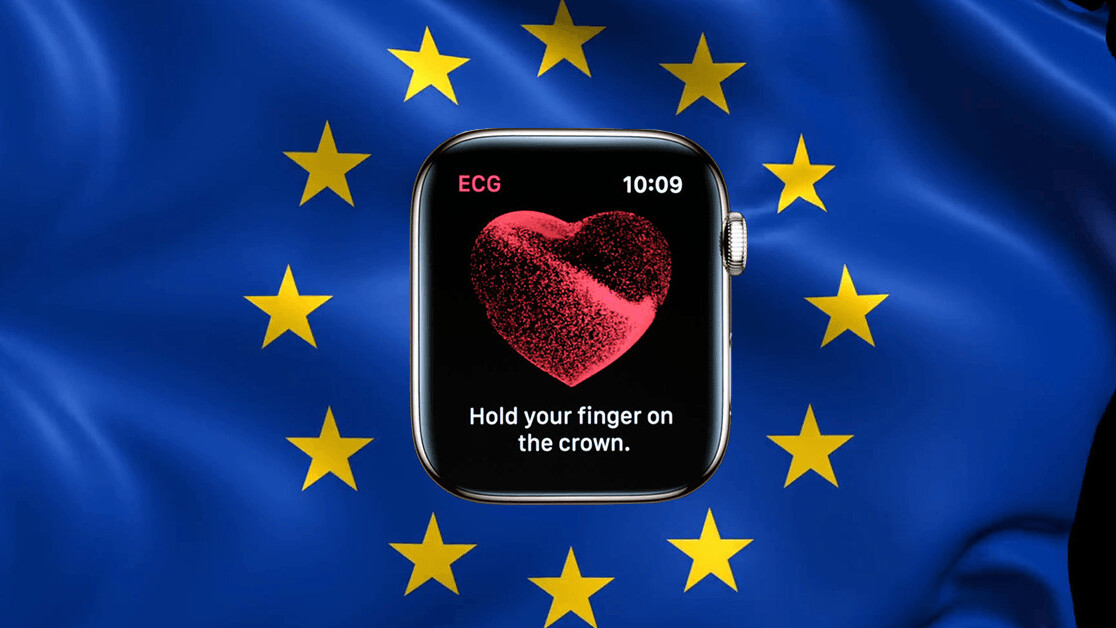
- Product
- Apple Watch Series 4
- Price
- $384
When I first heard about the Apple Watch Series 4’s electrocardiogram (ECG) feature, I was sceptical. Tech companies meddling in healthcare leaves me feeling cold, you only have to look at the saga of Theranos to understand why.
So, a few months ago I would’ve found the news of the ECG feature rolling out across Europe and Hong Kong worthy only of an eye-roll. But not anymore.
Why? Well, simply put, this feature has saved people’s lives. Genuinely. And now it’s available in Hong Kong and 19 European countries (including France, Germany, Italy, Spain and the UK), it’s only going to save more. Construing this announcement as anything but a good thing feels, well, incredibly shitty.
The ECG feature – which will be enabled as part of the watchOS 5.2 software update – works with electrodes that are built into the back of the Apple Watch. It uses these in conjunction with your finger placed on the device’s crown to take a reading. This is then synced with the iOS Health app.

There’s also a feature called the “irregular rhythm notification,” which occasionally checks your heartbeat and, if something is off, sends an alert to the watch. Clever stuff.
To me, what marks this feature out from other companies’ forays into the health sector is Apple’s work with experts and regulators. As much as tech likes to “disrupt” and “rip things up,” many sectors have spent hundreds of years working on their methodology to ensure the utmost in safety – and healthcare is one of them.
The fact Apple received clearance from the FDA in the US, and have received the CE mark in the European Economic Area (EEA), shows the business has gone about combining health with tech in the right way.
So, is the Apple Watch perfect? Not quite, but the signs are encouraging. In a clinical trial, the device “demonstrated 98.3 percent sensitivity in classifying AFib and 99.6 percent specificity in classifying sinus rhythm in classifiable recordings.” There’s also the fact a Stanford Medicine report found that “only 0.5 percent of participants received irregular pulse notifications,” and while this is great, improvements can still be made.
At the end of the day, even if the new Apple Watch’s ECG feature only saved a single life, that’s a huge deal. And the fact it’s done much more than that is an example of how tech and healthcare can – and should – work together. Let’s hope this is a sign of things to come.
This post includes affiliate links to products that you can buy online. If you purchase them through our links, we get a small cut of the revenue.
TNW Conference 2019 is coming! Check out our glorious new location, inspiring lineup of speakers and activities, and how to be a part of this annual tech bonanza by clicking here.
Get the TNW newsletter
Get the most important tech news in your inbox each week.





